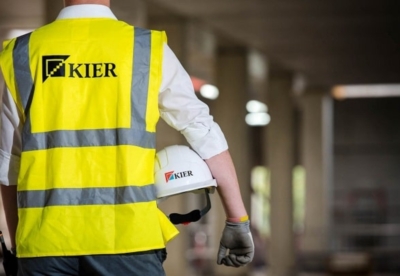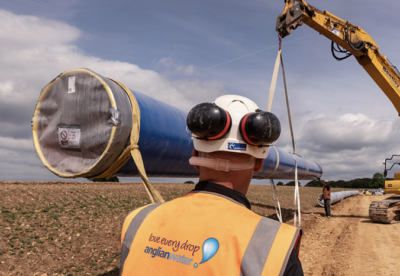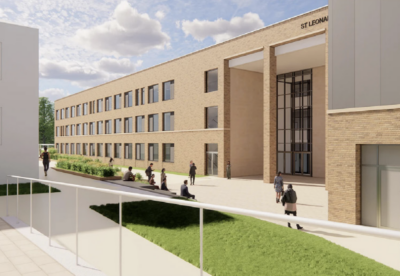The firm said the prevailing underlying annualised build cost inflation on new tenders was now running at 1%.
And this had been pinned down to zero when taking into account savings arising from the house builder’s value improvement programme.
This compares to underlying build cost inflation in 2023 of 8.5%.
Announcing year-end results that saw operating profits halve, Chief executive Jennie Daly said: “During 2023, we continued to focus on using the levers within our control to reduce cost, including retendering of site phases and a full review of specification to identify savings without impacting health and safety, quality or customer satisfaction.
“Driving increased operating efficiency, cost savings and value improvement will remain a key focus for our business, but we will also continue to invest in areas that matter for the long term success and sustainability of the business to ensure we are poised for growth from 2025, assuming a supportive market.”
Daly said that current trading ahead of the spring selling season showed some encouraging signs of improvement with reduced mortgage rates positively impacting affordability and confidence in our customer base.
But the firm still predicted UK completions this year would be in the range of 9,500 to 10,000 homes
This is down from last year, which fell to 10,848 (2022: 14,154).
Of this total, 2,388 were affordable homes, equating to 23% of total completions (2022: 21%).
Last year’s revenue fell 20% to £3.5bn, with pre-tax profit down to £474m from £828m in 2022.
UK average selling prices on private completions increased by 5.1% to £370k over the year.
Taylor Wimpey said it remained on track to switch 30% of its home production over to timber frame by 2030 and opened its own timber frame facility in Peterborough last year.
This is expected to drive further efficiencies, environmental benefits and enhance security of supply.
The firm said it aimed to improve the visibility and reliability of supply and to hold its own buffer stock to mitigate future supply chain challenges.
This year the facility will produce several hundred kits and, at full capacity will be expected to produce around 3,000 kits per year.























































.gif)



